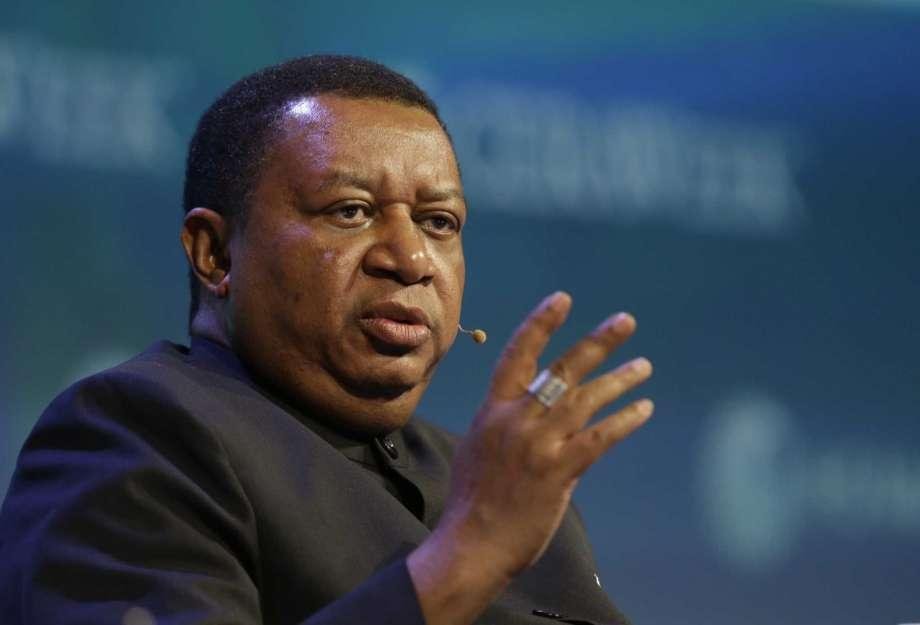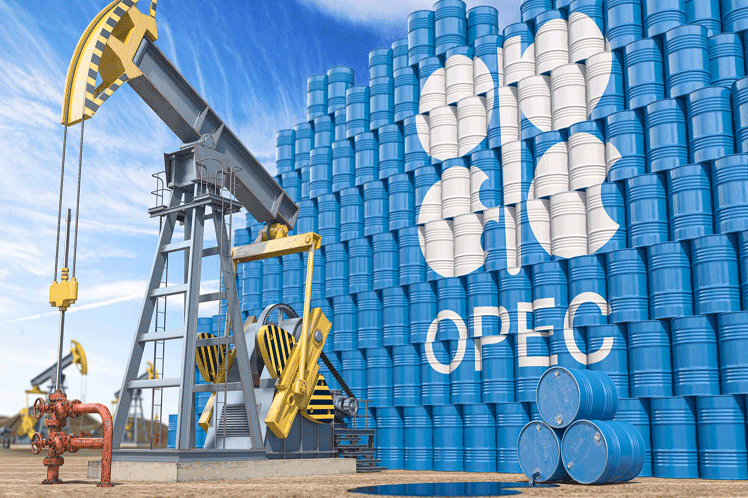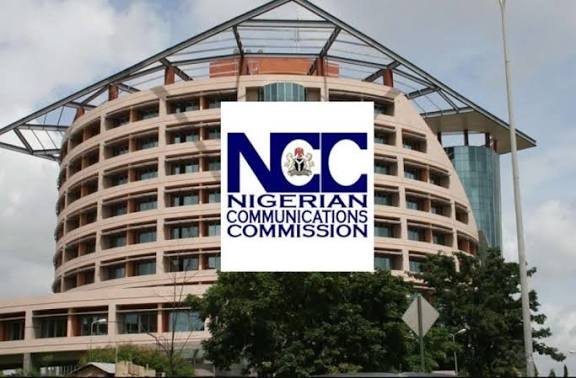OIL MARKET: DoC partners are determined to play their part and provide that effective policy support
By Mohammad Sanusi Barkindo
It is a great pleasure to participate in the 11th IEA-IEF-OPEC Symposium on Energy Outlooks. The last edition of the symposium took place on 19 February 2020. It would be something of an understatement to say that things have changed since then!
The great historian of the energy industry, Dan Yergin, said it most succinctly when he wrote,
“The world seemed a different planet at the end of March [2020] from what it had been in the beginning of March [2020]… such a sudden, massive decline in oil demand that has never been seen before.”
First and foremost, we must remind ourselves that the COVID-19 pandemic has been a human tragedy. Almost 110 million people have been sickened by the virus, over 2.4 million have died, and millions of livelihoods have been destroyed. No region or sector has been spared.
Some commentators have noted that the energy industry may have been the most impacted of all sectors by the pandemic. As the world economy contracted by 4.1% in 2020, global oil demand declined by 9.7 mb/d.
The nadir of this annus horribilis came in April. Industry veterans saw things happen that they could never have imagined possible.
Oil demand plunged 22% during the month and on 20 April 2020, WTI went negative for the first time in history, with prices plummeting to -$37.
In response to this unprecedented situation, OPEC knew it had to act. Thankfully, we did not need to reinvent the wheel. We turned to the mechanism that had helped us emerge out of the 2015-2016 oil market downturn: the ‘Declaration of Cooperation.’
Together with our partners and ably supported by the Saudi Arabian Presidency of the G20, we agreed on 12 April 2020 to the largest and longest-in-duration production adjustments in the industry’s history.
Thereafter, participating countries have subsequently adjusted these decisions to proactively anticipate market developments, improve the core principles upon which our enterprise was founded (transparency, equity and fairness), and compensate for over-produced volumes. High conformity levels with these production adjustments have been a testimony to the depth of our commitment.
Consequently, we have seen a recovery in the industry that has multiplier benefits for the global economy.
While there are grounds for optimism that 2021 will be the year of recovery, there are many uncertainties ahead. As the IMF recently stated,
“Much now depends on the outcome of this race between a mutating virus and vaccines to end the pandemic, and on the ability of policies to provide effective support until that happens. There remains tremendous uncertainty and prospects vary greatly across countries.”
Furthermore, other factors can have a disruptive impact on the energy industry. As the extreme weather in Texas has shown, we cannot take energy security for granted, even in a country like the US. An Arctic blast has disrupted electricity supply and demand has surged to record heights. Oil and gas production has plummeted by a third and 5 million people across the country face the freeze without heat or power.
The DoC partners are determined to play their part and provide that effective policy support. In doing so, we will always act in the interests of producers and consumers.
Energy outlooks are an essential component of our Organizations’ work. The comprehensive, accurate and fact-based analysis is crucial in supporting policy-makers in making informed decisions, especially in the current circumstances.
The pandemic has complicated the process of preparing energy outlooks. In such circumstances, this inter-agency forum has once again proven itself invaluable as a means to exchange data, analysis, information, on the short-, medium and longer-term outlooks. We can even ‘blow-off steam’ about the frustrations of preparing outlooks! The wisdom of the trilateral work programme adopted in Cancun in March 2010 is further vindicated by the need for dialogue, cooperation, and engagement in challenging times!
Our outlooks are based on factual analysis, careful modeling, and detailed reasoning. While we are not in the business of predicting the future, we adopt methodologies grounded in rational scrutiny of the data.
Since we have enhanced collaboration between our Organizations, the quality of our output has improved exponentially. A clear indication of what we have achieved is reflected in regular technical meetings among the agencies to compare our projections and further improve the data quality and transparency. The achievements of the JODI to date is an illuminating example of this, as well as the analysis in the newly released IEF-RFF Outlooks Comparison Report that will be presented today.
This is crucial, particularly with regard to the energy transition, which seems to have multiple definitions depending on the perspective of the person talking about it! To recall the words of Dan Yergin again,
“‘Energy transition’ means different things to different nations, especially in the developing world. A billion people lack access to electricity; three billion do not have access to clean cooking fuels. Instead, they burn wood or charcoal or crop waste or cow dung indoors, impairing their health. This leads to a different perspective.”
As the 14th edition of our OPEC World Oil Outlook, which was launched on October 8 of last year, stated, global primary energy demand is forecast to continue growing in the medium and long term, rising by a hefty 25% by 2045. Oil will remain the largest contributor to the energy mix in 2045 at 28%.
To meet this future demand, the global oil sector will need a cumulative investment of $12.6 trillion in the upstream, midstream, and downstream through to 2045. These investments are essential for both producers and consumers.
Underinvestment remains one of the great challenges for our industry and this was exacerbated by the COVID-19 pandemic. Over the course of 2020, investments declined by 30%. We need to work towards creating an investment-friendly climate.
There is a common thread linking the cooperation between our Organizations; the DoC actions to restore market stability and the producer-consumer dialogue. It is something deeply ingrained in OPEC’s raison d’etre.
In our fast-changing and unpredictable world, we seek to contribute to greater stability, more predictability, and enhanced transparency. We constantly seek to improve our capacity to do so, for we believe this will help us build a better future; one which serves the interests of generations of producers and consumers. May this sense of purpose guide our discussions today and always.
– Being the Opening statement delivered by HE Mohammad Sanusi Barkindo, OPEC Secretary General, at the 11th IEA-IEF-OPEC Symposium on Energy Outlooks, 17 February 2021, via videoconference.






